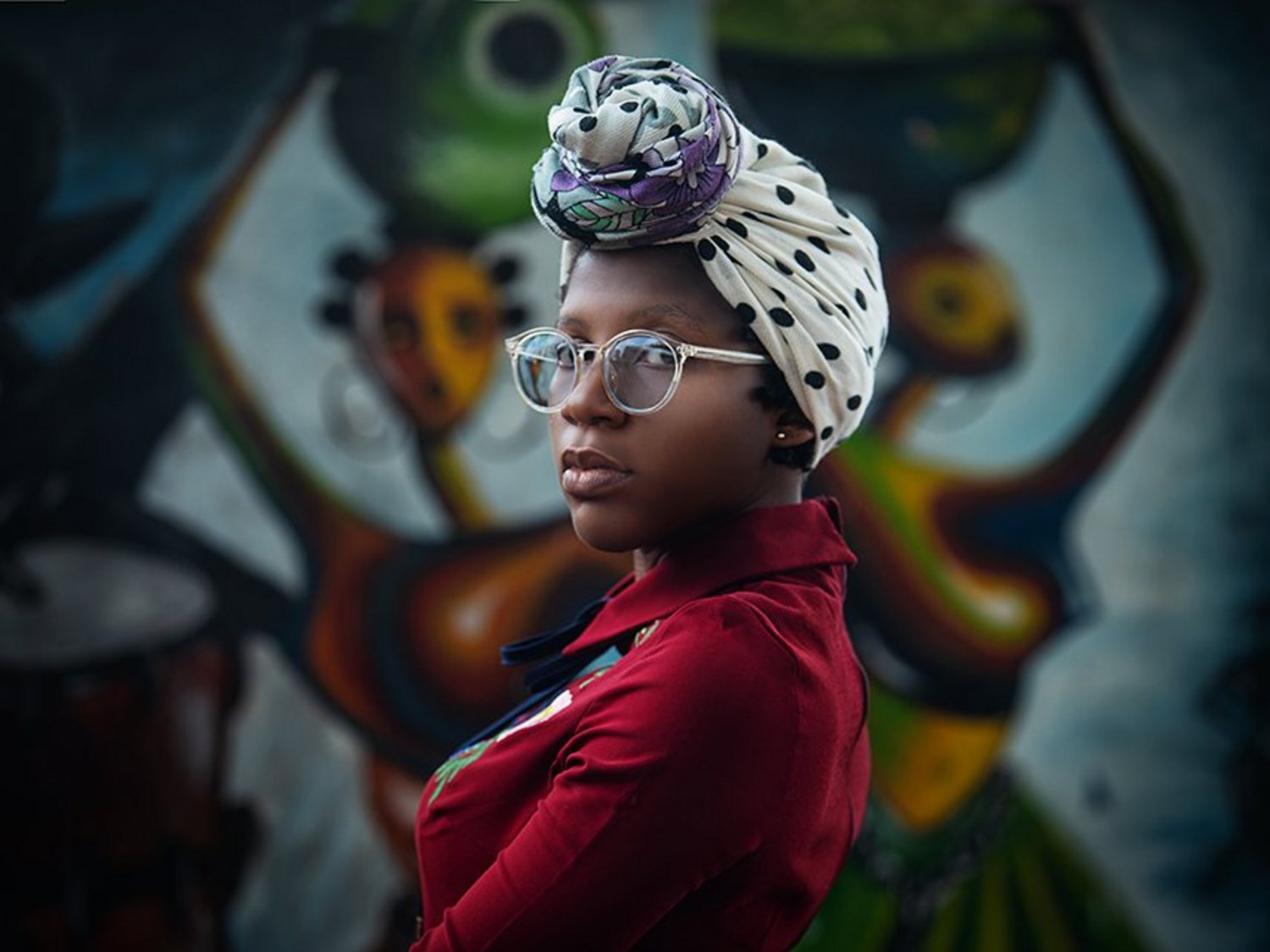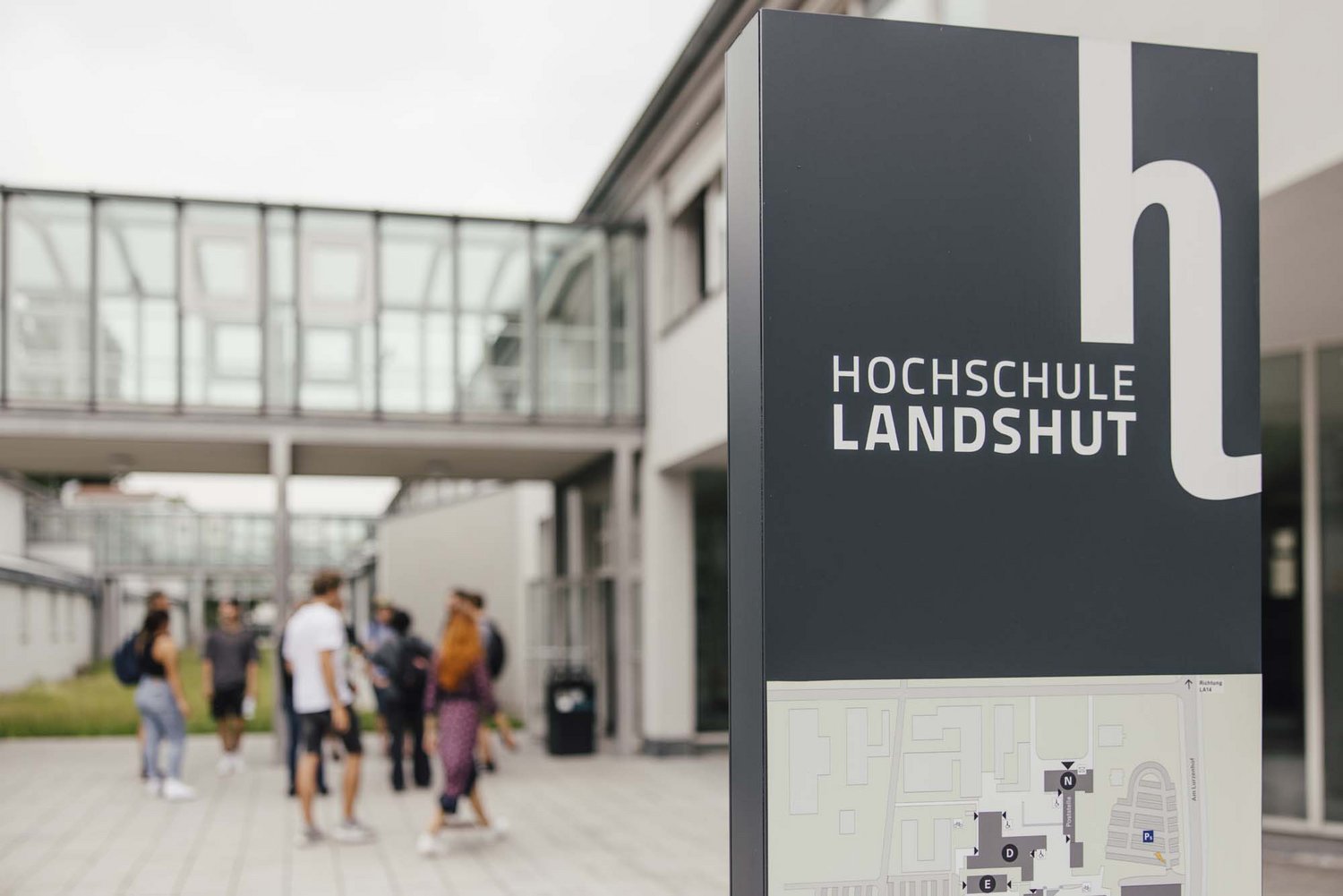
New media and intercultural communication
Bachelor
The degree programme brings together two highly topical, relevant and diverse subjects. This results in a highly interdisciplinary degree programme that focuses on analysing, understanding and designing media in and for different cultural contexts. The degree programme builds on a broad general education and deepens
cultural anthropological, sociological, art historical and ethical topics, among others.
| Start | Winter semester |
|---|---|
| Admission Criteria | Unrestricted admission |
| Application period | 15.04.2025 - 15.07.2025 |
| Study format | Full time, with in-depth practical experience, Joint degree programme |
| Study cost | None (only semester fee) |
| Normal duration | 7 Semester |
| Language | German |
| ECTS | 210 |
The study programme / profile
New media - what does that mean?
Firstly, every medium was new at some point. Once it has established itself in society, according to Riepl's law, it will not be completely replaced or displaced by another. New media are characterised, among other things, by the fact that they enable interactivity, function less linearly and more hypertextually and enable constant connectivity in real time. However, "old" media also play a role and come together in the new media.
For you, this means that several qualifications are useful. Online marketing, for example, often requires photos as well as texts and videos and interactive content, and successful digital art often requires knowledge of socio-cultural aspects and previous art styles in addition to technical skills.
Intercultural communication - what does that mean?
Actually, "interculturality" loosely translates as "between cultures", i.e. the exchange between two or more cultural contexts, which in this perspective tend to be defined as homogeneous and delimitable. This idea is actually wrong, because cultures are not containers. The term "transculturality" would be more appropriate, as cultures are interconnected and intermingled, delocalised and complex. Individuals also often feel that they belong to several cultural contexts. This is addressed in the introductory lectures. Multi- and pluriculturalism is then added to this.
However, the term "intercultural communication" has become so widely accepted that it has become detached from the container concept of culture and we can now understand it as communication across different cultural contexts - or even further, as a certain mindset that facilitates or enables communication in the postmodern age.
What is this degree programme not?
This degree programme is not about training as a media designer, web designer, cameraman/camerawoman, editor or similar. Although knowledge from these areas is desirable and will help you to optimally implement your own projects, the focus of the degree programme is more on conception and understanding than on implementation. In concrete terms, this means that there are introductions here and there to certain techniques and genres, e.g. photography and image editing, but you will not primarily be taught how to create a perfect image montage, for example. To stay with the example: The grade would not only be given for the actual realisation, but also for the scientifically sound justification of this very realisation.
Landshut University of Applied Sciences has been offering the New Media and Intercultural Communication degree programme since the winter semester 2021/22, making it a completely new and innovative course at the university. Accreditation of the New Media and Intercultural Communication (B.A.) degree programme is currently being planned and is expected to take place 2 years after the initial start of the programme.
Contents and course of study
The New Media and Intercultural Communication degree programme combines elements from various fields such as social and media psychology, media history and art history. You can find more information on the core subjects under "Study programme".
Read moreProspects after graduation
After graduating, you will be able to work in the field of media conception and media research, especially in the intercultural field, as well as in journalism, PR or marketing.
Read moreAdmission requirements for the Bachelor's degree course are a general or subject-restricted higher education entrance qualification, an entrance qualification for universities of applied sciences or another school-leaving qualification recognised as equivalent by the Bavarian State Ministry of Science, Research and the Arts.
In addition to the university entrance qualification, an aptitude assessment procedure applies for the "New Media and Intercultural Communication (B.A.)" degree programme.
How can you prepare for the degree programme?
- Internships in the media sector, e.g. in editorial offices or advertising agencies, can give you an insight into possible professional fields. If you have already worked as a journalist or artist yourself, this will also benefit you.
- Stays abroad and the associated cultural and language skills provide a good basis. If, for example, you still have a few months before you start your studies, you could use this time to travel and carefully research a topic and document it using various means such as text, photo or video.
- Work experience, e.g. during an internship or apprenticeship in an internationally operating company, will give you a good insight into future fields of work.
What should you bring to the programme?
- An interest in social issues, art and psychology are important prerequisites.
- Curiosity and an interest in learning about and from other cultures make it easier to work on the course content.
- Experience abroad and initial practical experience in the media sector, for example in a blog, at a school newspaper, as an influencer or in an agency, are not a must-have, but are also welcome.
- You should also be prepared to spend an internship semester, preferably abroad.
- The willingness to improve your English language skills and learn another foreign language will benefit you during your studies and the potential semester abroad.
Information for students
If you have any questions about the degree programme, the Central Student Advisory Service, the Student Advisory Service and the faculty will be happy to help you at any time. You can also find out more about the degree programme at events such as study information days, taster days, etc.
Read more








